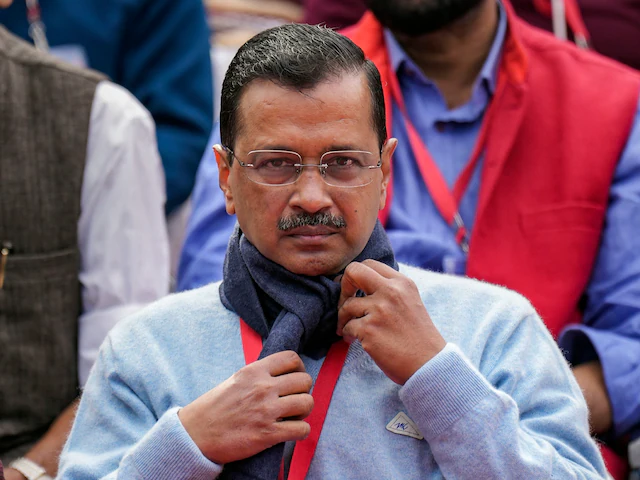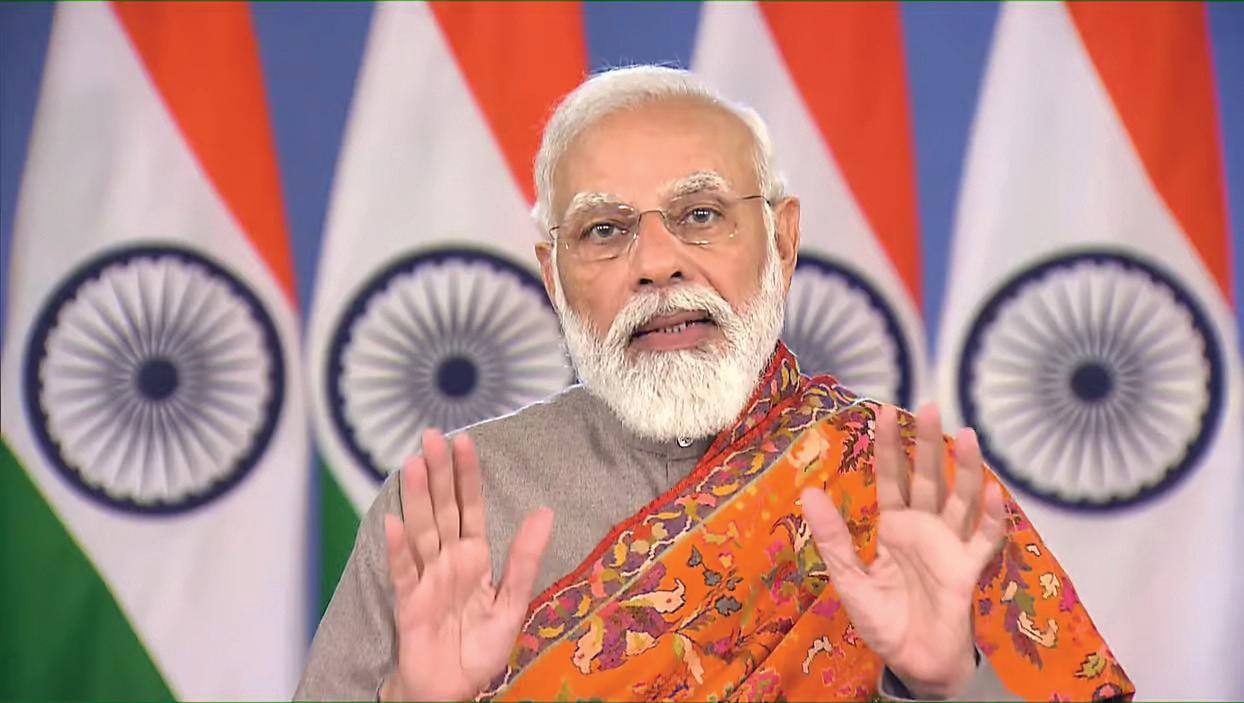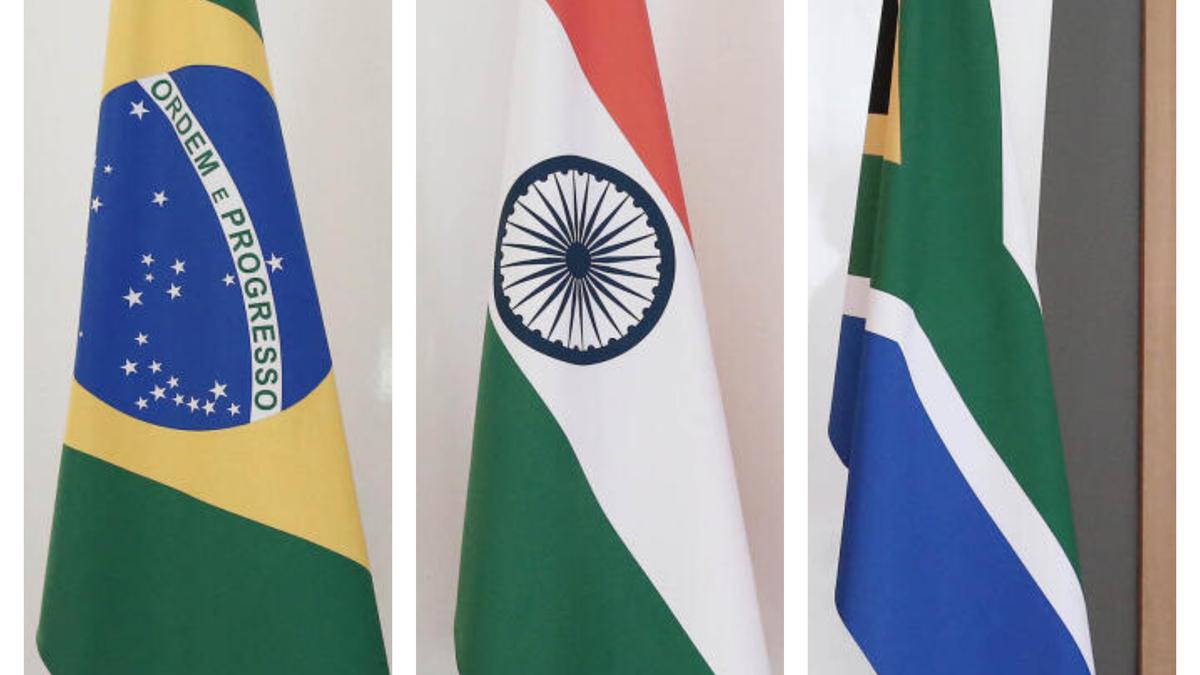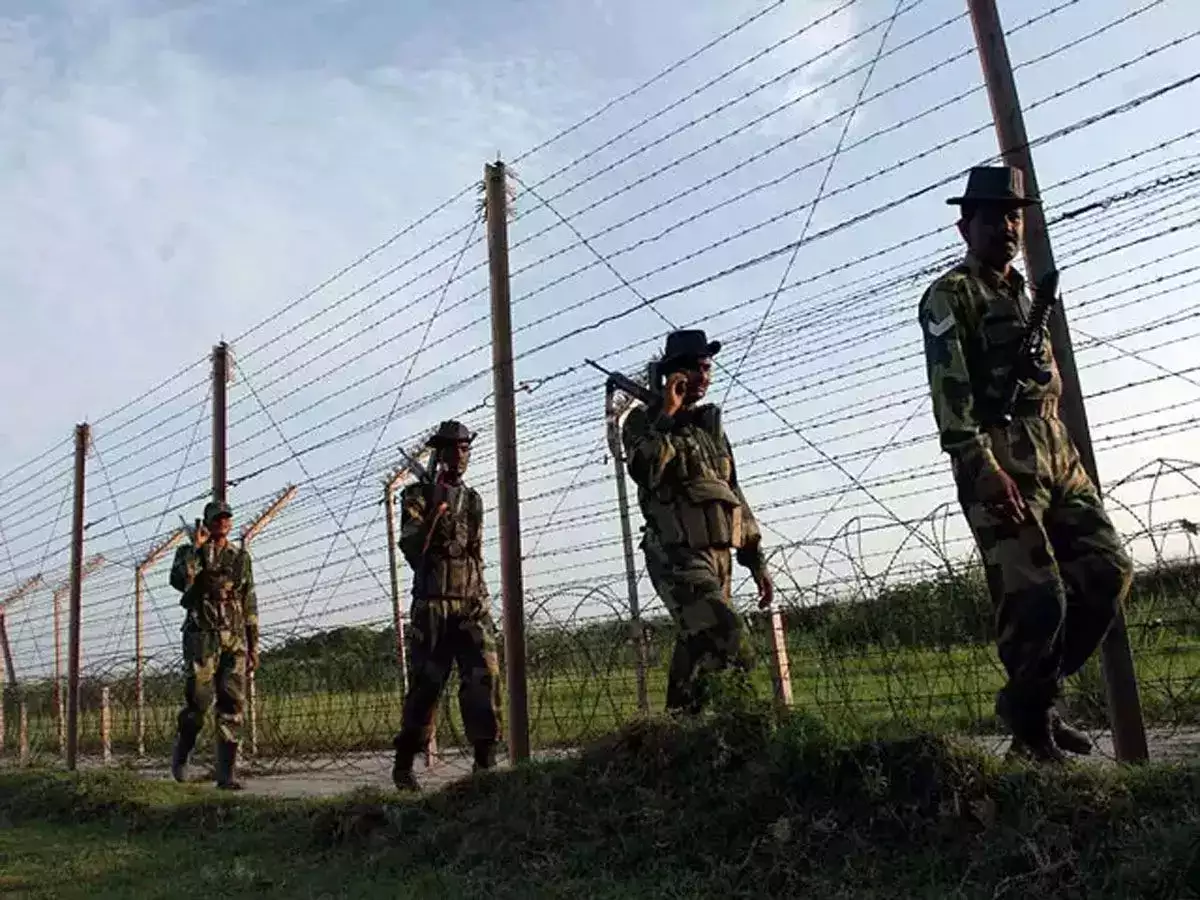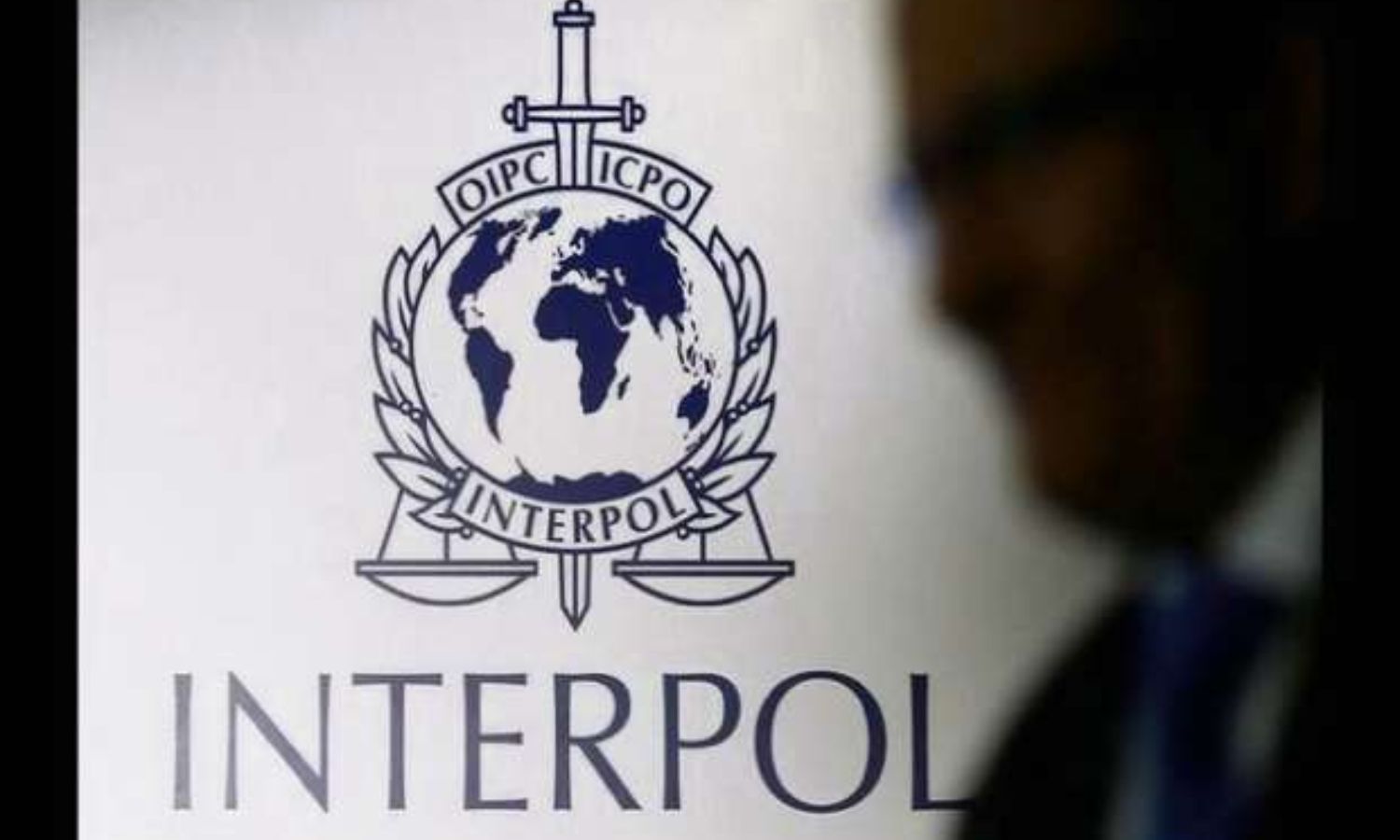In a simple, straightforward, and stimulating judgment titled Jibin Joseph v. Union Territory of Lakshadweep & Anr in Crl.MC No. 2184 of 2021 against the order in Crl.MP 10/2021 of District & Sessions Court, Kavaratti and cited in 2022 LiveLaw (Ker) 329 which was pronounced as recently as on June 22, 2022, the Kerala High Court has minced absolutely no words to hold that a Magistrate Court is bound to apply its mind while exercising the powers conferred to it under Section 156(3) of the Code of Criminal Procedure (CrPC). The Single Judge Bench of Hon’ble Dr Justice Kauser Edappagath stated that while taking cognizance of offences or ordering an investigation into any cognizable case, courts should not merely forward all complaints they receive like a post office. As such, it was emphasized that the powers under Section 156(3) cannot be exercised casually or mechanically but are required to be exercised judiciously.
At the outset, this brief, brilliant, balanced and bold judgment authored by a Single Judge Bench comprising of Hon’ble Dr Justice Kauser Edappagath of Kerala High Court sets the ball rolling by first and foremost putting forth in para 1 that, “This Crl.M.C has been filed to quash Annexure V order dated 27/3/2021 passed by the Court of Sessions, Kozhikode (in-charge of District and Sessions Court, Kavaratti) (for short, the court below).”
Needless to say, the Bench then states in para 2 that, “The petitioner is working as Additional Public Prosecutor and Additional Government Pleader at the District and Sessions Court, Kavaratti, Lakshadweep. The 2nd respondent is a practising lawyer at Kavaratti, Lakshadweep.”
As things stand, the Bench then notes in para 3 that, “The 2nd respondent is representing the accused in SC No. 13/2019 on the file of the Special Court for Trial of POCSO cases, Kavaratti. The allegation in the said case is that the victim girl therein aged 16 years was kidnapped and sexually assaulted by the accused therein.”
Simply put, the Bench then discloses in para 4 that, “Several other crimes were also registered on the allegation that the very same girl was subjected to sexual assault by different persons.”
To put things in perspective, the Bench then envisages in para 5 that, “As per the direction of the Special Court for the trial of POCSO cases, Kavaratti, the victim was accommodated in a Working Women’s Hostel. The victim was found missing one day from the said hostel. The police intervened and took her back to the hostel. Thereafter, the 2nd respondent published a Facebook post alleging that the petitioner is constantly contacting the victim and had a role in the missing incident of the victim girl. As the contents of the said Facebook post revealed the identity of the victim girl, a case was registered against the 2nd respondent as Crime No.35/2020 by Androth police station u/s 23(4) r/w 23(1) & 23(2) of the Protection of Children from Sexual Offences Act, 2012 (for short ‘POCSO Act’) and u/s 228A of the Indian Penal Code, 1860. Annexure II is the FIR. Thereafter, the 2nd respondent filed a complaint to the Station House Officer as well as the Superintendent of Police, Lakshadweep on 1/12/2020 without mentioning any names of the persons who are frequently contacting the victim through phone and regarding the missing incident of the victim girl. Thereafter on 25/1/2021, the 2nd respondent filed another complaint to the Station House Officer, Kavaratti Police Station alleging that the petitioner is constantly contacting the victim and hence committed the offence punishable u/s 11(iv) of the POCSO Act and u/s 75 of the Juvenile Justice (Care and Protection of Children) Act, 2015 (for short ‘JJ Act’). However, the Station House Officer did not register the case. Annexure IV is the said complaint. Thereafter the 2nd respondent filed a private complaint at the Court of Sessions, Kavaratti raising the very same allegations. Since there was no sitting at the Court of Sessions, Kavaratti, the Court of Sessions, Kozhikode which was in charge of the Court of Sessions, Kavaratti forwarded the complaint to the Station House Officer, Kavaratti for investigation u/s 156 (3) of Cr. P.C as per the order dated 27/03/2021. Annexure V is the copy of the private complaint. The order forms part of Annexure V. The said order is under challenge in this Crl. M.C.”
As it turned out, the Bench then observes in para 9 that, “As stated already, the 2nd respondent represents the accused and the petitioner, in his capacity as Additional Public Prosecutor, represents the prosecution/victim in SC No.13/2019. A reading of Annexure V complaint would show that the 2nd respondent suppressed the fact that she is representing the accused in the above case. The allegation against the petitioner is that he frequently contacted the victim girl residing in the Working Women’s Hostel over the phone and that amounts to an offence punishable u/s 11(iv) of the POCSO Act. It is further alleged that the petitioner who is an officer of the court has the duty to ensure the safety of the victim, but by frequently contacting the child over the phone, he has committed the offence punishable u/s 75 of the JJ Act as well.”
As we see, the Bench then specifies in para 10 that, “It is clear from Section 11 of the POCSO Act that only when a person does any act mentioned in sub-clauses (i) to (vi) with sexual intent, the same will constitute an offence. Similarly, to attract the offence u/s 75 of the JJ Act, the accused must have actual control or charge over the child. Without ascertaining whether there is an allegation anywhere in the complaint that the petitioner had any sexual intent to attract S.11(iv) of the POCSO Act or whether the petitioner had actual control or charge over the child, the court below simply forwarded the complaint to the police without a speaking order. The impugned order reads as follows:
“Heard complainant. Complaint is referred to SHO, Kavaratti P.S., u/s 156(3) Cr. P.C to register and investigate the case and report to this court”.”
Most significantly, what forms the cornerstone of this brilliant judgment is then laid bare in para 11 wherein it is postulated that, “Section 156(3) of Cr.P.C. which operates at the pre-cognizance stage confers powers on the Magistrate/Court, who is empowered to take cognizance of the offence under S.190, to order investigation into any cognizable case. It is settled that the powers under S.156(3) of the Cr.PC cannot be exercised casually or mechanically but are required to be exercised judiciously. True, at that stage, the Magistrate/Court is not required to embark upon an in-depth roving enquiry as to the reliability or genuineness of the allegations in the complaint. However, the Magistrate/Court should not adopt the easy way of forwarding the complaint unmindful of the consequences of forwarding such complaints. The Magistrate/Court is not merely functioning as a “post office” in forwarding anything and everything filed in the form of a complaint. The Magistrate/Judge should certainly scrutinize the allegations in the complaint to satisfy himself that it discloses the necessary ingredients of the offence for which investigation is intended to be ordered and to find out whether it is a matter to be forwarded to the police to collect materials for a successful prosecution against the accused. The Magistrate/Court should ensure that the complaint is supported by an affidavit duly sworn in by the complainant as held by the Apex Court in Priyanka Srivastava and Another v. State of U.P. and Others (2015 KHC 4242). The Magistrate/Court has a duty to protect the interest of the accused also since, at the time of conducting inquiry or forwarding of the complaint to the police under S.156(3) Cr.P.C, the accused does not get any right of hearing.”
While citing the relevant case laws, the Bench then mentions in para 12 that, “The scope of Section 156(3) of Cr.P.C came up for consideration before the Apex Court in several cases. In Maksud Saiyed (supra), the Apex Court examined the requirement of the application of mind by the Magistrate before exercising jurisdiction under Section 156(3) and held that where jurisdiction is exercised on a complaint filed in terms of Section 156(3) or Section 200 Cr. P.C, the Magistrate is required to apply his mind. In Ramdev Food Products Pvt. Ltd. v. State of Gujarat (2015 KHC 4199) and in Priyanka Srivastava (supra), the Apex Court reiterated that power under S.156(3) warrants application of judicial mind. In Anil Kumar and Others v. M.K. Aiyappa and Others [(2013) 10 SCC 705], it was held that the application of mind by the Magistrate should be reflected in the order. It was further held that the mere statement that he has gone through the complaint, and documents and heard the complainant, as such, as reflected in the order, will not be sufficient. After going through the complaint, documents and hearing the complainant, what weighed with the Magistrate to order investigation under S.156(3) Cr.P.C., should be reflected in the order, though a detailed expression of his views is neither required nor warranted.”
Be it noted, the Bench then minces no words to state unequivocally in para 13 that, “A reading of Annexure V order would show that it was passed mechanically without examining the facts of the case, nature of allegations and without ascertaining whether the information revealed any cognizable offence or not. The order does not reflect the reason to order investigation u/s 156(3) of Cr.P.C. As stated already, the offences alleged against the petitioner are u/s 11(iv) of the POCSO Act and S.75 of the JJ Act. The allegation is that the petitioner who was the Additional Prosecutor in charge of the conduct of the case of the victim frequently contacted the victim girl residing in the Working Women’s Hostel over phone. As per S.11 of the POCSO Act, the alleged act should be committed with sexual intent. There is absolutely no allegation in Annexure IV complaint addressed to the police that the petitioner had any sexual intent. In Annexure V private complaint filed at the court below also, there are no materials to show that the said act was done by the petitioner with sexual intent. To attract S.75 of the JJ Act, the accused must have actual control over the victim child. There is no such allegation either in Annexure IV or in Annexure V complaints. Law is well settled that before directing the police to investigate under sub-section (3) of S.156 of Cr.P.C., the Magistrate/court should form an opinion that the complaint discloses a cognizable offence. When the allegation made in the complaint does not disclose a cognizable offence, the Magistrate/Court has no jurisdiction to order police investigation under sub-section (3) of S.156 of Cr.P.C. As stated already, the allegations made in the complaint and the documents produced in support thereof do not prima facie disclose the ingredients of S.11(iv) of the POCSO Act and S.75 of the JJ Act.”
Finally, the Bench then concludes by holding in para 14 that, “The Station House Officer, Kavaratti conducted a thorough enquiry on the complaint preferred by the 2nd respondent and submitted a report at the court below. Annexure III is the said report. The report discloses that the allegation in the complaint of the 2nd respondent that the petitioner had been contacting the victim over the phone continuously was factually verified by taking the call detail report of the mobile phone number used by the victim as well as the petitioner. It was found that there was absolutely no phone call contact between the victim girl and the petitioner. It is further reported that the statement of the victim, warden of Working Women’s Hostel, Kavaratti and roommates of the victim girl were recorded and none of them stated that the petitioner made any attempt to contact the victim. The victim girl clearly stated that she was never contacted by the petitioner. The report further state that the security lapse at Working Women’s Hostel, Kavaratti is the main reason for the missing of the victim child. The learned standing counsel for the Union Territory of Lakshadweep has submitted before me that the complaint preferred by the 2nd respondent against the petitioner is false, frivolous ill-motivated and there is no substance in it. For the reasons stated above, I am of the view that proceeding further with Annexure V order would be a sheer abuse of the process of law. Hence, Annexure V order and all further proceedings thereto stand hereby quashed. Crl. M.C. is allowed.”
All told, the Kerala High Court has made it indubitably clear that the Magistrate/Court is not merely functioning as a “post office” in forwarding anything and everything filed in the form of a complaint without application of mind. This we have discussed in detail in para 11 as stated hereinabove. Of course, all the Courts must adhere to what the Kerala High Court has held so very commendably in this leading case.
Most significantly, what forms the cornerstone of this brilliant judgment is then laid bare in para 11 wherein it is postulated that, “Section 156(3) of Cr.P.C. which operates at the pre-cognizance stage confers powers on the Magistrate/Court, who is empowered to take cognizance of the offence under S.190, to order investigation into any cognizable case. It is settled that the powers under S.156(3) of the Cr.PC cannot be exercised casually or mechanically but are required to be exercised judiciously. True, at that stage, the Magistrate/Court is not required to embark upon an in-depth roving enquiry as to the reliability or genuineness of the allegations in the complaint.”
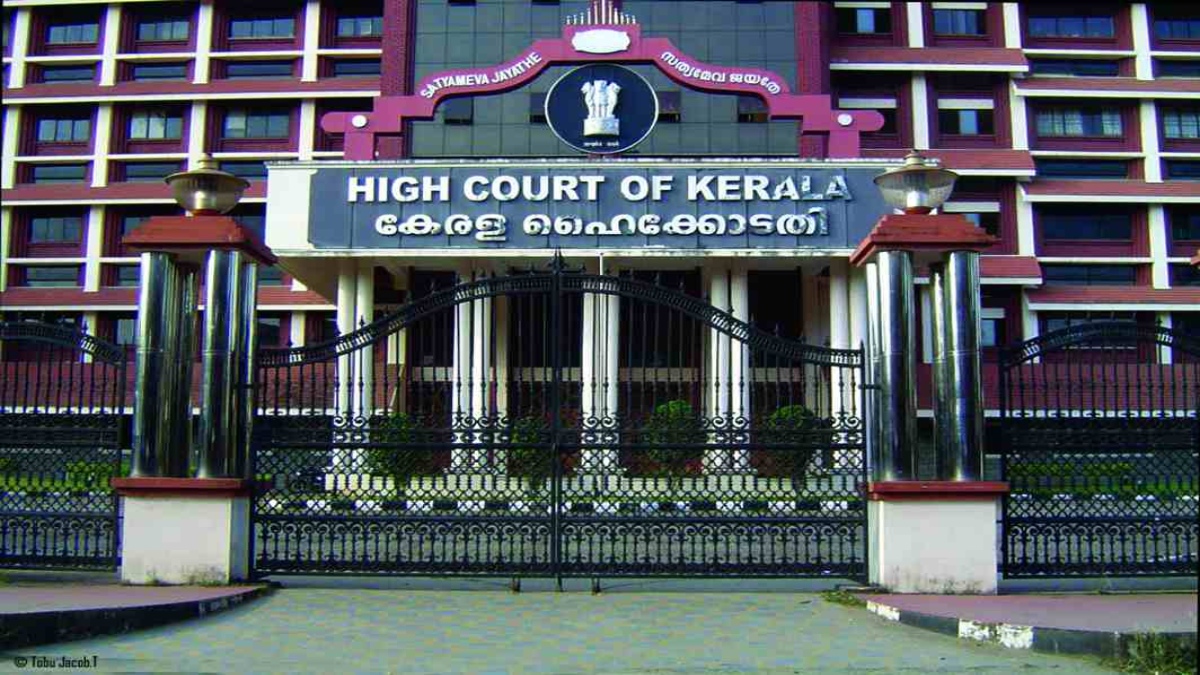

 Opinion3 years ago
Opinion3 years ago
 Entertainment8 years ago
Entertainment8 years ago
 Entertainment8 years ago
Entertainment8 years ago
 Fashion8 years ago
Fashion8 years ago
 Opinion3 years ago
Opinion3 years ago
 Politics8 years ago
Politics8 years ago
 Entertainment8 years ago
Entertainment8 years ago
 Entertainment8 years ago
Entertainment8 years ago
